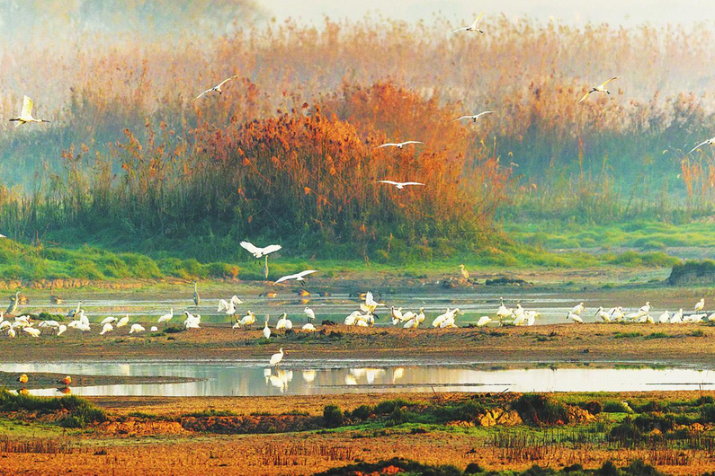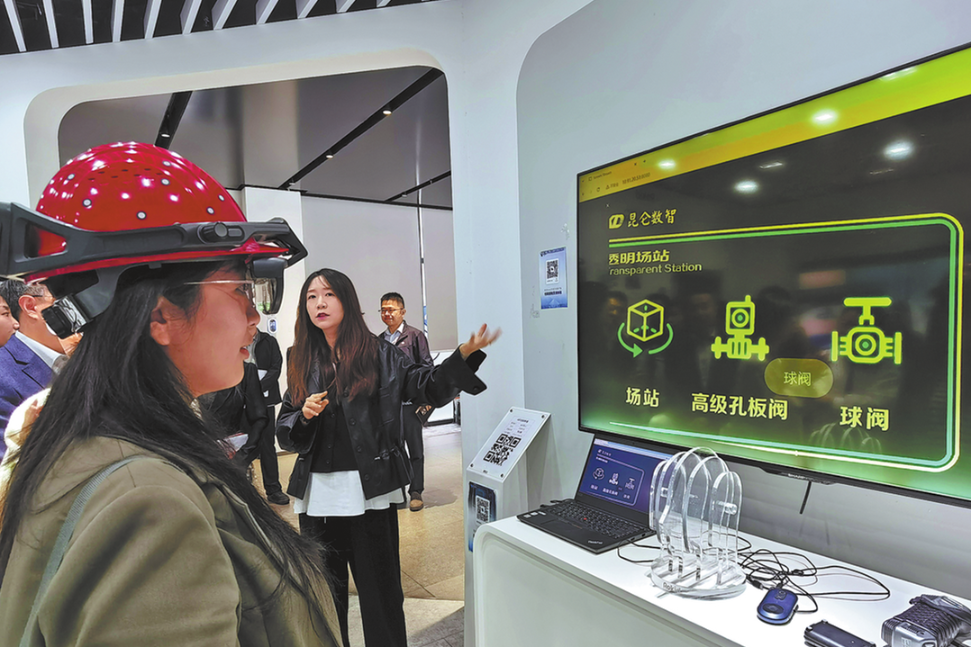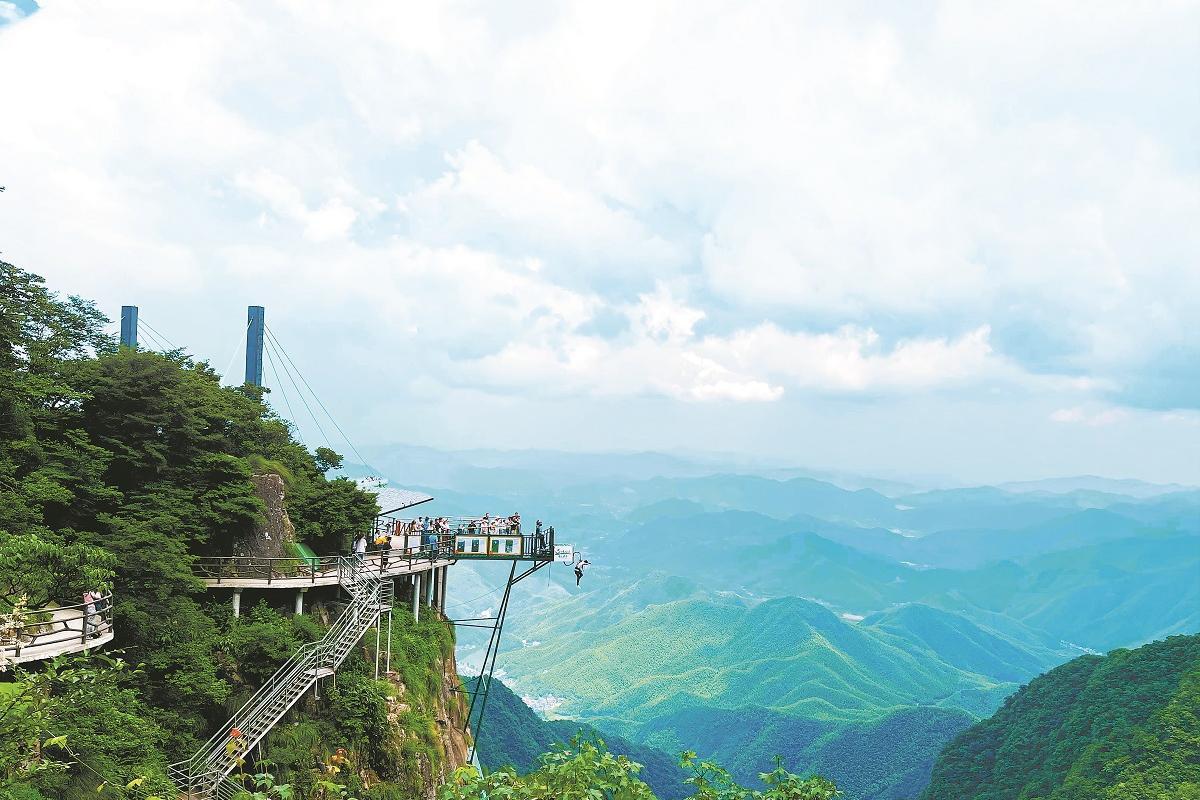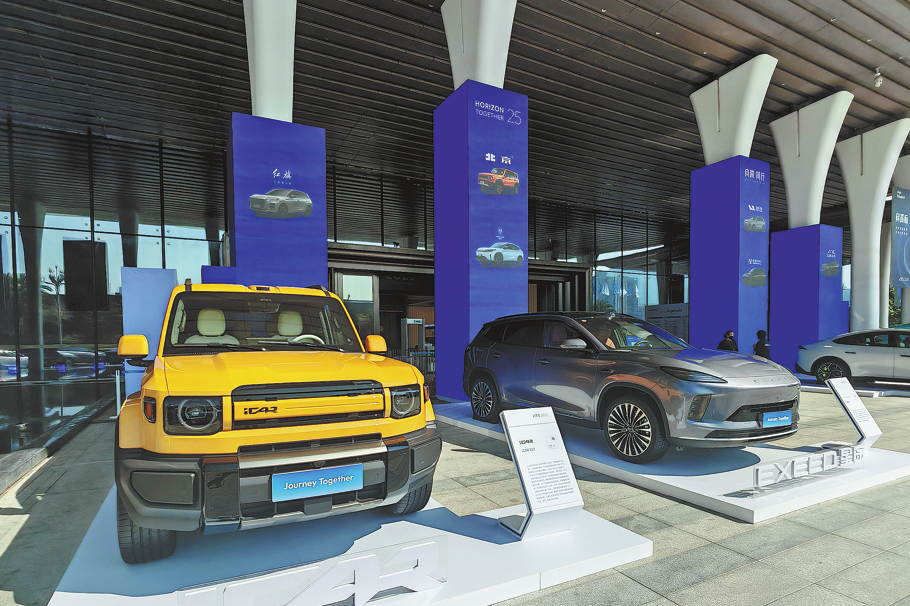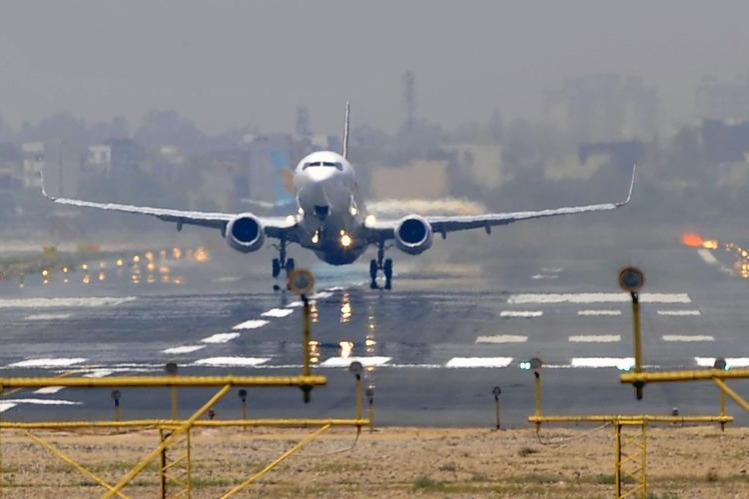Chinese carmaker BYD opens huge plant in Brazil


A crowd of distinguished guests, including Brazil's President Luiz Inacio Lula da Silva, has attended the official opening of a new factory of the Chinese automaker BYD in Camacari, Bahia State.
The BYD Camacari plant, built on a site formerly occupied by Ford, will begin producing 150,000 vehicles a year. It is expected to produce 300,000 vehicles in the second phase and up to 600,000 units at full capacity.
The plant, costing $980 million, is BYD's largest factory outside China. Its vehicles will supply Brazil and the rest of the Latin-American subcontinent.
Eight out of 10 electric cars and three out of 10 hybrid cars sold in Brazil are BYD models, the company says, and that share is expected to grow with the start of local production.
"This factory represents the recovery of the dignity of the people of Camacari and the people of Bahia," Lula said at the opening. "This is sovereignty and dignity."
What has come after Ford's departure will be much better because the Chinese project also includes technological transformation, he said.
"What we want is a civilized relationship with the world; that is why we defend multilateralism."
Wang Chuanfu, chief executive of BYD, talked about Brazil's advantages as a production site.
"Brazil has unique and abundant clean energy resources, an open and diverse society, and citizens willing to embrace new technologies. In addition, the government launched the New Industry Brazil plan, focusing on innovation and green transition, creating ideal conditions. Brazil is a leader in the green transformation."
Tyler Li, president of BYD, talked of how BYD will cash in on Brazil's natural advantages.
"One of the company's missions is to renew the industrial base and make Brazil a leading player in the global energy transition. In addition to this industrial investment, we have allocated $12 million to research and development.
"As a green tech company committed to innovation, industrial scale and environmental respect, we are developing solutions that reduce dependence on fossil fuels. Among them, we highlight the hybrid flex engine, the result of a partnership between Chinese and Brazilian scientists."
BYD focuses on electric bus chassis production, Li said.
"We have innovated with batteries that combine durability, safety and low environmental impact. We continue to develop solar photovoltaic generation projects and set up ultra-fast charging infrastructures that connect major urban and logistics corridors, an essential feature for buses and trucks."
BYD is also involved in the Metro Line 17-Gold project in Sao Paulo, which integrates heavy, low-carbon urban mobility, he said.
Bahia's Secretary of Economic Development Angelo Almeida said BYD's arrival represents the rebirth of Camacari's automotive hub, generating employment, income and innovation.
10,000 direct jobs
"The company began production with semi-assembled vehicles and will advance to full production in the second half of next year. This will create a value chain of maintenance, logistics, food and security. It is projected to bring in 10,000 direct jobs alone."
Bahia is home to the SENAI CIMATEC Park's development and technology center, with more than 1,500 professionals working in research and development for electric, connected and autonomous vehicles. BYD may push the state's industry toward green technology production by leveraging the local research system, Almeida said.
"BYD has already expressed its intention to establish an automotive research and innovation center in the Salvador Metropolitan Region. This could consolidate the state as a reference hub for electric mobility, automotive software and electric propulsion system development. This may help Bahia's technological potential."
The writer is a freelance journalist for China Daily.
Today's Top News
- China rebukes UK for 'interfering' in Hong Kong case
- Hainan FTP launches intl services portal
- HK's Jimmy Lai convicted in national security case
- China announces countermeasures against former Japanese senior official
- Australia set to further tighten gun control laws
- HKSAR security chief on conviction of Jimmy Lai



















